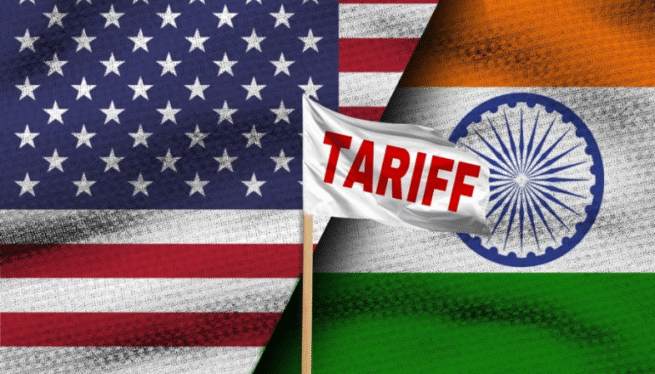
The Delhi High Court decided an important case on patent law in Novo Nordisk A/S v. Dr. Reddy’s Laboratories Ltd. The dispute involved Semaglutide, a widely used drug for diabetes and obesity. It addressed an important issue: can a patentee/ Plaintiff obtain an injunction if the Defendant, with knowledge of the Plaintiff’s patent rights, proceeds with production/ manufacturing of the patented drug,without first initiating revocation or non-infringement proceedings. Notably, the Delhi High Court declined to release the Defendant from its undertaking of not selling the patented drug in India as it had begun manufacturing/ production without “clearing the way”, despite being fully aware of the suit patent. The Court, however, allowed the Defendant to export to jurisdictions where the Plaintiff holds no patent rights. The judgment serves as an important precedent in determining the inter-relationship between injunctive relief and patent validity challenges.
Continue Reading Decoding Delhi High Court’s Ruling: The inter-relationship of injunctive relief and patent validity challenges






